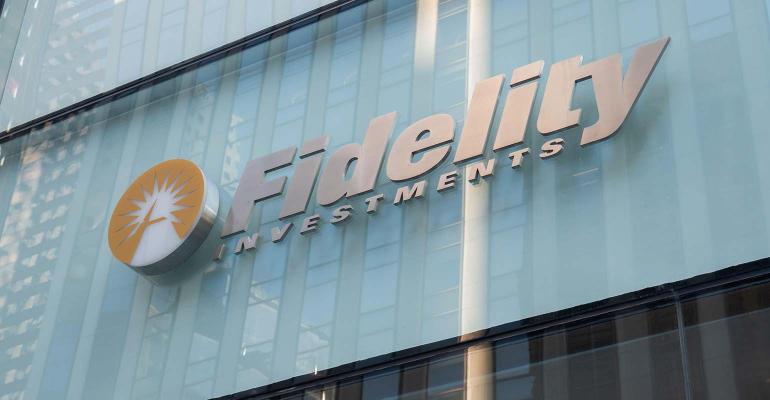Interesting but not shocking results from Fidelity Investments’ 15th annual plan sponsor survey conducted in January 2024 with 1,174 plans with at least 25 participants and $3 million in assets not necessarily using Fidelity’s record keeping service.
One of the more shocking stats from previous years projected 40%- 50% advisor turnover, which interestingly is missing from the 2024 study, possibly because many industry professionals doubted the veracity of the number.
Clearly, advisors who work with 90% of plans are being asked to go beyond fees, funds, and fiduciary bringing new ideas and services, including:
- Convergence of wealth, retirement and benefits
- 50% of plans indicated HSA guidance is important
- 26% are planning to implement emergency savings plans
- 81% reported it was okay for advisors to work with participants outside of the plan
- Auto features
- Plans using advisors more likely to implement auto features
- 32% reported that they intended to implement auto-escalation, with 28% increasing deferral rates already
- Investments
- 90% reported a change in their menu
- 60% valued target date fund performance over cost
- 26% said that direct contact with TDF managers was important
- Another 32% added CITs, with many more likely
Overall satisfaction with advisors, at 81%, was up from 63% in 2019 and 76% last year, and 78% thought their advisor provided good value, but then again, how would they know?
Beyond convergence, which most people believe is inevitable, with 86% indicating it is not a fad in a recent LinkedIn poll, there were a few surprises, such as the increase in the use of CITs, likely the result of advisors pushing and educating clients, as well as the value of performance over the myopic focus on cost. Practices common for larger plans, like increasing auto features and direct contact with investment managers, are migrating down market with more to come driven by savvy advisors.
Pending questions are what effect the fiduciary rule, if it ever gets implemented, will have not just on the plan but also how advisors will be interacting with participants when they terminate or retire as well as the likely incursion of wealth managers into DC plans not just to service clients but also mine for wealth management prospects and keep other advisors out. And what role group plans like PEPs will play, as well as TPAs, in the future?
In a recent Zoom 401k Café meeting with plan sponsors about how to better leverage their advisors, just 12% of plan sponsors gave their advisor a top rating, while double that number got them the lowest score. Fifty-eight percent of plans have been with their advisor for five or more years, while 11% indicated they did not have one or did not know if they did. About two-thirds have either never conducted an RPA due diligence, or it has been longer than five years.
There is no doubt that plan sponsors starting at $3 million are waking up and going from being mostly unconsciously incompetent before the pandemic to consciously incompetent, driven by the war for talent bordering on consciously competent. All of this is good news for experienced RPAs and will undoubtedly increase advisor due diligence activity by plans who have been schooled by their advisor that benchmarking of investments and periodic record keeper RFPs are not just good practices; they are required for ERISA fiduciaries who pay advisor fees out of plan assets.
Fred Barstein is founder and CEO of TRAU, TPSU and 401kTV.




